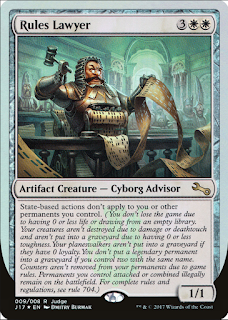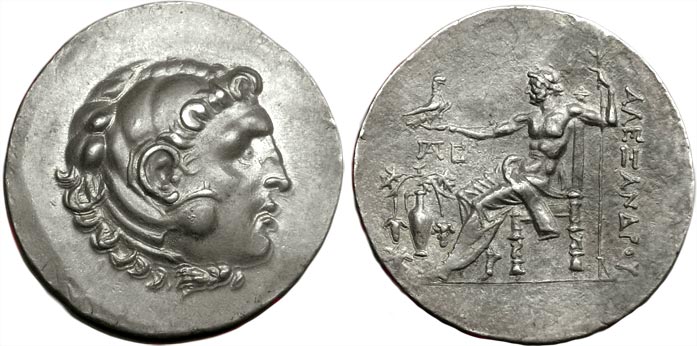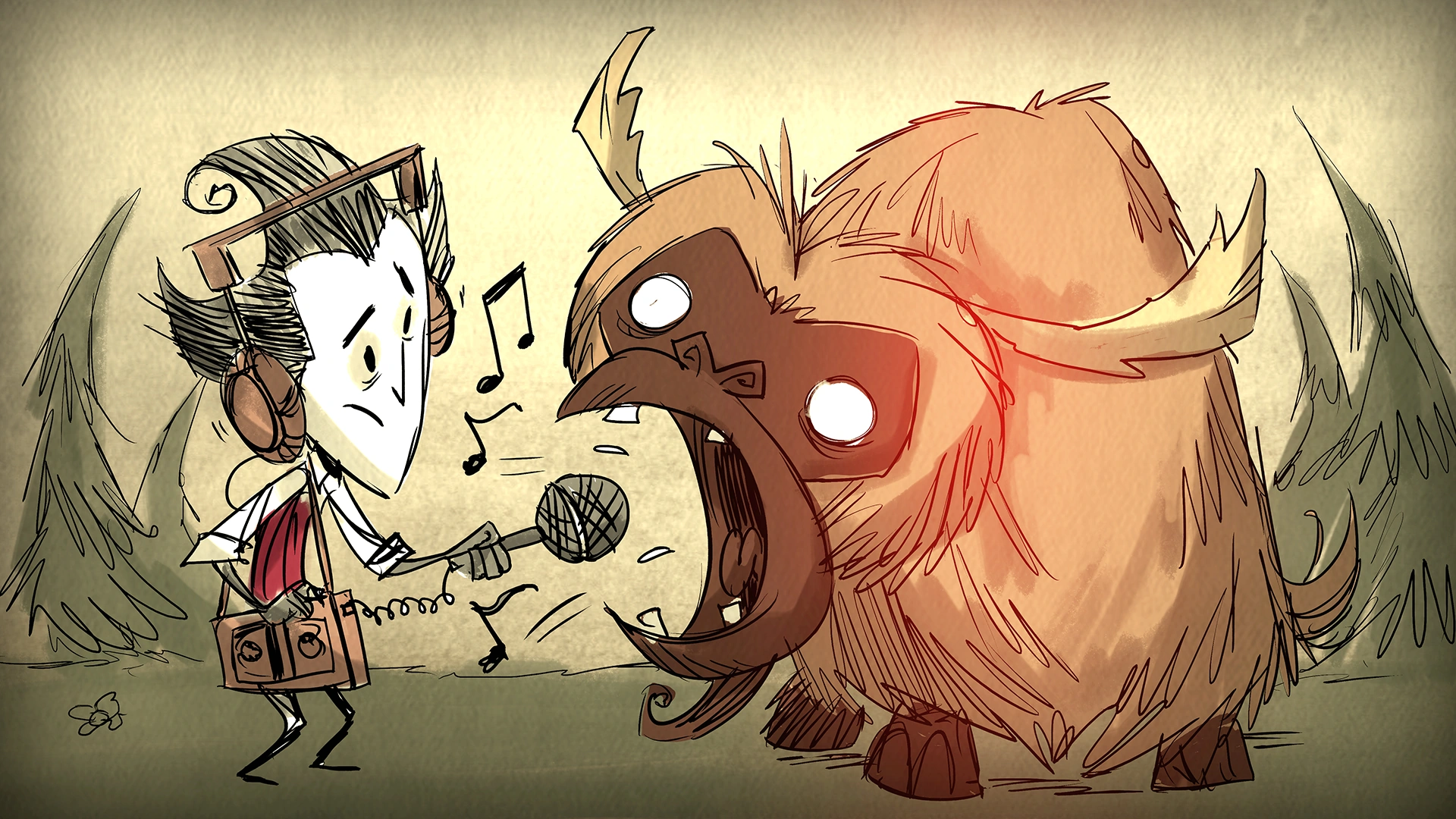This week, I wanted to touch on an issue that comes up in almost every RPG: a PC's health.
Hit Points are by far the most popular method of indicating PC health. Examples of RPGs with Hit Points include D&D, Call of Cthulhu, and most other RPGs.
By "Hit Points," I mean a numerical measure of the amount of damage a PC can sustain before death or incapacity.
By "Hit Points," I mean a numerical measure of the amount of damage a PC can sustain before death or incapacity.
Hit Points have been in RPGs since the beginning of the hobby, being an innovation of Dave Arneson in his Blackmoor campaign. Some people might argue that Hit Points started with Chainmail, but Chainmail's system of "Hits" was different and didn't really track to the man-to-man scale.
What Hit Points are supposed to represent is a topic of debate to the present. Gary Gygax notes in AD&D's PHB:
However, Gygax ignores an issue that he indirectly brings up, namely that that 10th level fighter with 85 hit points, will only recover, as per the DMG, 1 hp per day of rest (for the first week and then perhaps a bit more later), which doesn't make sense if "the majority of [the 85 hit points] are symbolic of combat skill, luck (bestowed by supernatural powers), and magical forces".
Nevertheless, for D&D's abstract combat system, Hit Points are a quick and intuitive way to tracking a PC's health. In that kind of system, Hit Points also add tension and drama to combat, escalating with every hit. At least up to a point, as a PC with too many Hit Points raise game balance issues.
For example, that 10th level fighter with 85 hit points is a literal tank who can singlehandedly wipe out a small army.
Hit Points don't work as well for less tactical games, such as New School RPGs with story game elements. For example, Ten Candles has no Hit Points since a PC's health is determined narratively. This is also why Dungeon World, a New School game that apes Old School conventions, severely reduces the chance that a PC fails a roll.
Hit Points also obviously don't work for non-combat games, such as Golden Sky Stories.
"Each character has a varying number of hit points, just as monsters do. These hit points represent how much damage (actual or potential) the character can withstand before being killed. A certain amount of these hit points represent the actual physical punishment which can be sustained. The remainder, a significant portion of hit points at higher levels, stands for skill, luck, and/or magical factors. A typical man-at-arms can take about 5 hit points of damage before being killed. Let us suppose that a 10th level fighter has 55 hit points, plus a bonus of 30 hit points for his constitution, for a total of 85 hit points. This is the equivalent of about 18 hit dice for creatures, about what it would take to kill four huge warhorses. It is ridiculous to assume that even a fantastic fighter can take that much punishment.The some holds true to a lesser extent for clerics, thieves, and the other classes. Thus, the majority of hit paints are symbolic of combat skill, luck (bestowed by supernatural powers), and magical forces."
However, Gygax ignores an issue that he indirectly brings up, namely that that 10th level fighter with 85 hit points, will only recover, as per the DMG, 1 hp per day of rest (for the first week and then perhaps a bit more later), which doesn't make sense if "the majority of [the 85 hit points] are symbolic of combat skill, luck (bestowed by supernatural powers), and magical forces".
Nevertheless, for D&D's abstract combat system, Hit Points are a quick and intuitive way to tracking a PC's health. In that kind of system, Hit Points also add tension and drama to combat, escalating with every hit. At least up to a point, as a PC with too many Hit Points raise game balance issues.
For example, that 10th level fighter with 85 hit points is a literal tank who can singlehandedly wipe out a small army.
Hit Points don't work as well for less tactical games, such as New School RPGs with story game elements. For example, Ten Candles has no Hit Points since a PC's health is determined narratively. This is also why Dungeon World, a New School game that apes Old School conventions, severely reduces the chance that a PC fails a roll.
Hit Points also obviously don't work for non-combat games, such as Golden Sky Stories.







